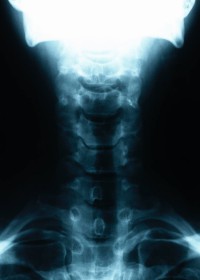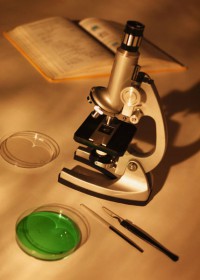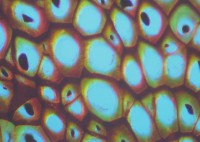
Having a hard time taking part in an unconstrained conversation with a loved one who is undergoing chemotherapy cancer treatment? Issels® wants to help you avoid opening your mouth and inserting your foot.
Are you making these chemo conversational faux pas?
- “You look great!”
Patients puffy from steroids, sporting bald spots and raccoon eyes know this is phony baloney. Try for a, “Good to see you!” or a specific compliment pertaining to an outfit or piece of jewelry instead.
- “When my friend So-and-so went through chemo…”
You may be looking for a way to connect, but bringing up the chemo experiences of others is not a comfort. Your loved one may feel their feelings have been disregarded. Worse, they may experience anxiety regarding their much different chemo experience. Unless your comment involves a friend who is now living a happy, healthy life, keep it to yourself.
- “I don’t know why you’re doing _______ anymore.”
Negative thoughts can take a toll on your loved one’s immune system. Don’t make assumptions on what they can handle or put a timeline on activities. This can spotlight limitations and death. Encourage loved ones to develop new interests and friends instead, which puts the emphasis on survival.
- “I’m so worried about you!”
Anxiety is contagious. Keep stress-inducing thoughts to yourself.
- “Chemo must be so hard! Do you feel sick?”
Your loved one is already feeling down. Offer upbeat comments instead: “I’m so thankful the chemo is helping you get better.”
Are you or a loved one looking cancer treatment in the eye? We know how to handle it. Contact Issels® today to learn more about alternative treatment options available to you.





